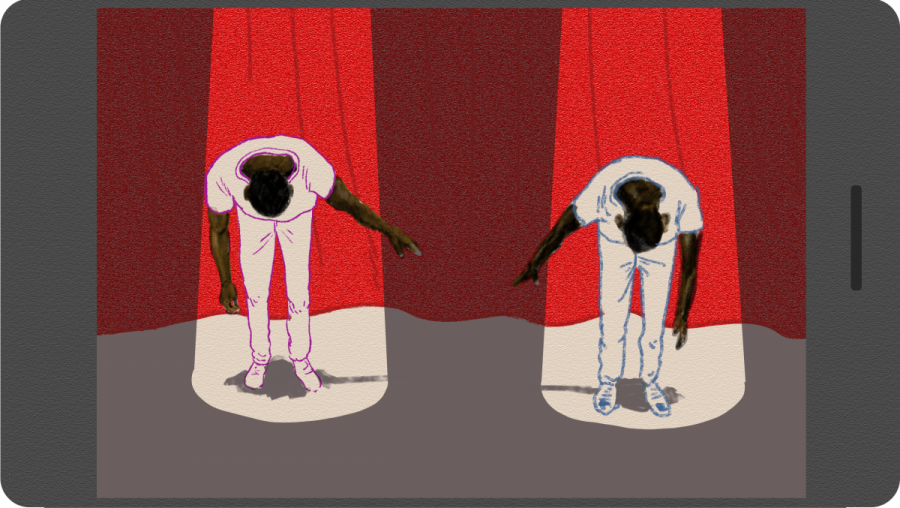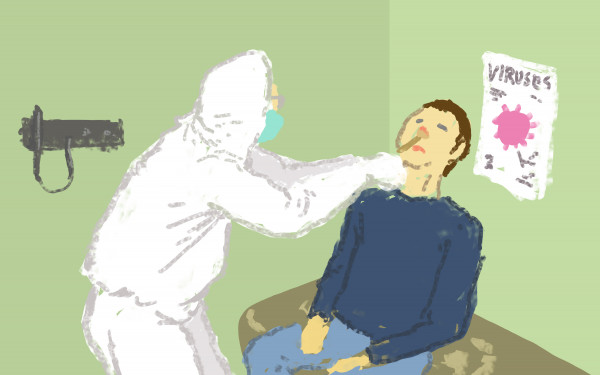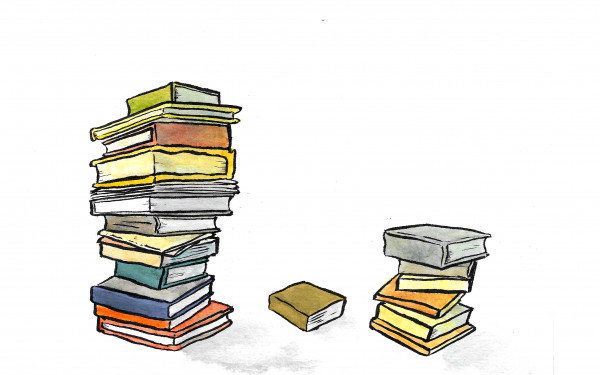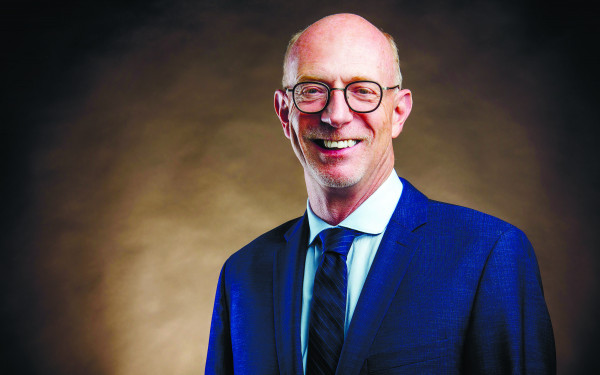How Montreal theatre is responding to Black Lives Matter and COVID-19
2020 is pushing theatre’s potential and purpose
In light of the themes of this summer—Black Lives Matter and the pandemic—Montreal’s theatres are reconsidering how their art reflects society and its problems and how they can support their community.
“How do you mobilize, do your job, feed the art, and feed [the] community with your art while grappling with the relived trauma of the discourse that’s happening [about] Black lives?” asked Mike Payette, artistic and executive director of Geordie Theatre.
“You add on top of that the layers of isolation and the world literally falling apart—these are the ingredients for a lot of independent soul-searching and a need to rekindle the spirit that is incredibly compromised.”
Theatres have been heavily hit by social distancing regulations, as they had to change how they rehearse, perform and showcase their pieces while protecting the health of artists and audience members.
Teesri Duniya Theatre chose not to stage any production this fall, explained Joshua Marchesini, the company’s administrative associate. “A lot of people we work with are considered to be vulnerable and we do not want to put them in a vulnerable position, where they can work and be creative but also put them at risk.” The Segal Centre for Performing Arts has also decided not to plan a season, while Montreal’s red alert just forced Black Theatre Workshop to cancel their first open-air performance: an excerpt from their new production, “Black and Blue Matters.”
However difficult to make, theatre has had a therapeutic effect in the last months, even when watched from home.
Quincy Armorer, artistic director of Black Theatre Workshop, recalled that as quarantine began, live performances streamed on devices soared in popularity. Art provided relief and comfort in those first few months of complete confusion, emphasizing how important it is. “I hope that that is something that people hold on to because I think it will affect the way in which our industry will continue to work,” said Armorer.
Theatre schools have also played an important part in supporting individuals. The classes offered by Geordie Theatre and Montreal Children’s Theatre accompanied youths and families throughout the first months of lockdown, with the latter even adding a few more weeks of classes to their winter series.
“There’s always been a social relationship to theatre-making and this time is no different, but it is more urgent.”
— Mike Payette
Sandra Holder, director and owner of the school, said that the upcoming classes will surround spoken word and give children the opportunity to express their feelings, then help them translate their writings into music.
Similarly, Geordie Theatre is offering online classes that aim to provide solace while also facilitating the difficult conversations that families are now having about COVID-19, anti-Black violence, and grief.
As the social impact of live performances became increasingly apparent, artists also reconsidered the importance of their work’s aesthetics in connection with this year’s events.
The virus affected Armorer’s conceptions of isolation and closeness. “My relationship with and perception of proximity has changed because of a need to distance ourselves,” he explained. He wonders how audiences are going to react when they will go back to theatres and see artists hold hands, for instance.
In parallel, Black Lives Matter further highlighted the importance of including the perspectives of Black, Indigenous and people of colour. A diverse cast not only more accurately reflects Montreal’s community, explained Payette, but also allows stories to be told through the eyes of BIPOC, which leads to a significantly different aesthetic experience.
Some companies were already mostly staging socially conscious works. Payette points out that his Black and Indigenous colleagues have always been doing this work. “What is different now is who is paying attention,” he said.
“[Black Lives Matter] has really highlighted how the current predominant work in theatre is still so very white,” said Lisa Rubin, artistic and executive director of the Segal Centre for Performing Arts. “Everything I’ve loved before and continue to love I’m still seeing clearly through a white lens and asking myself what it would be like for someone else.”
The Segal Centre is having a conversation with the Jewish community about racism. Their panel “Keeping the Conversation Going,” for instance, brought together four Black artists and educators to discuss art and systemic racism.
Armorer said that they are looking to live stream their school tour show “Our Fathers, Sons, Lovers and Little Brothers,” based on the life and death of Trayvon Martin. “It’s nice to be able to continue to do some kind of artistic work that also speaks very directly to something that is very important in the Black community right now.”
“The art that we do, the theatre we create has to, whether explicitly or not explicitly, deal with the very, very challenging questions that are coming in response to some really, really hard questions,” said Payette.
“There’s always been a social relationship to theatre making and this time is no different,” he said, “but it is more urgent.”






